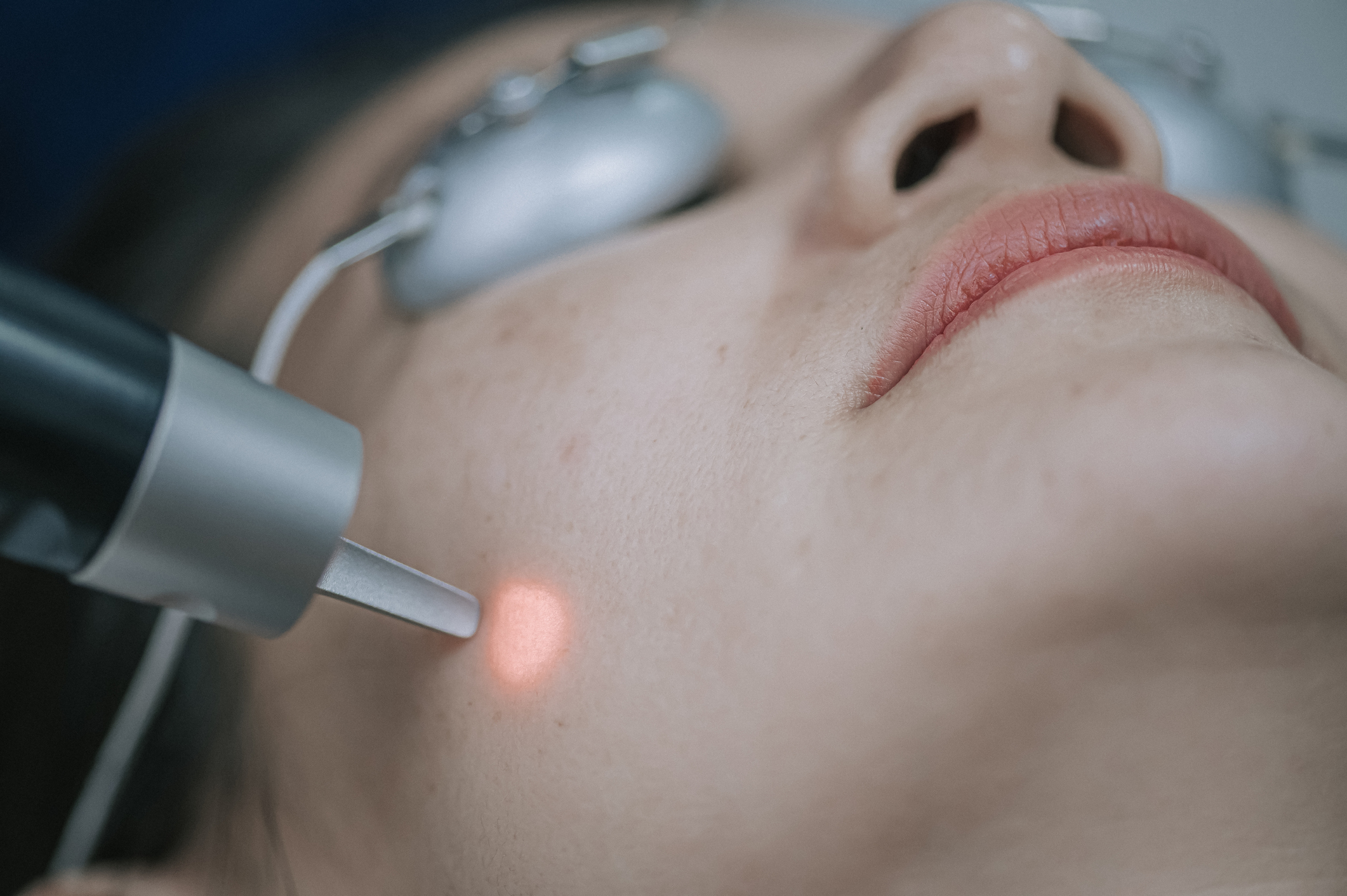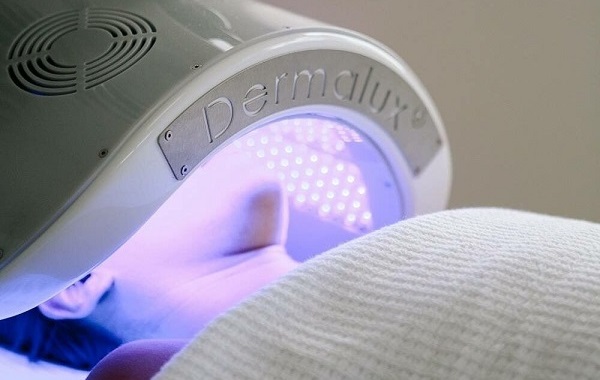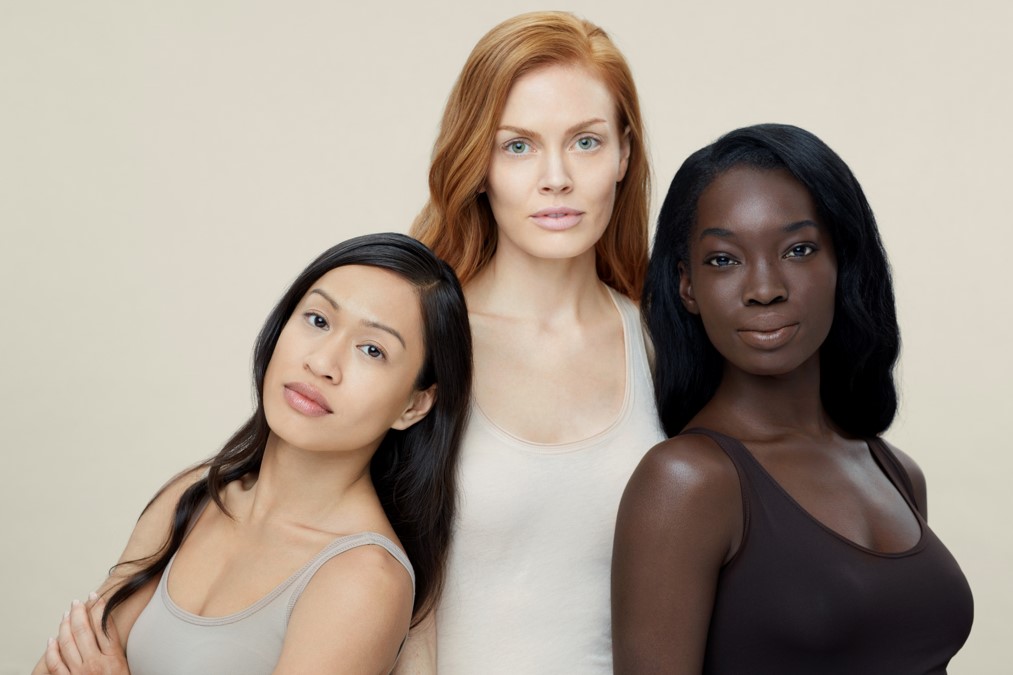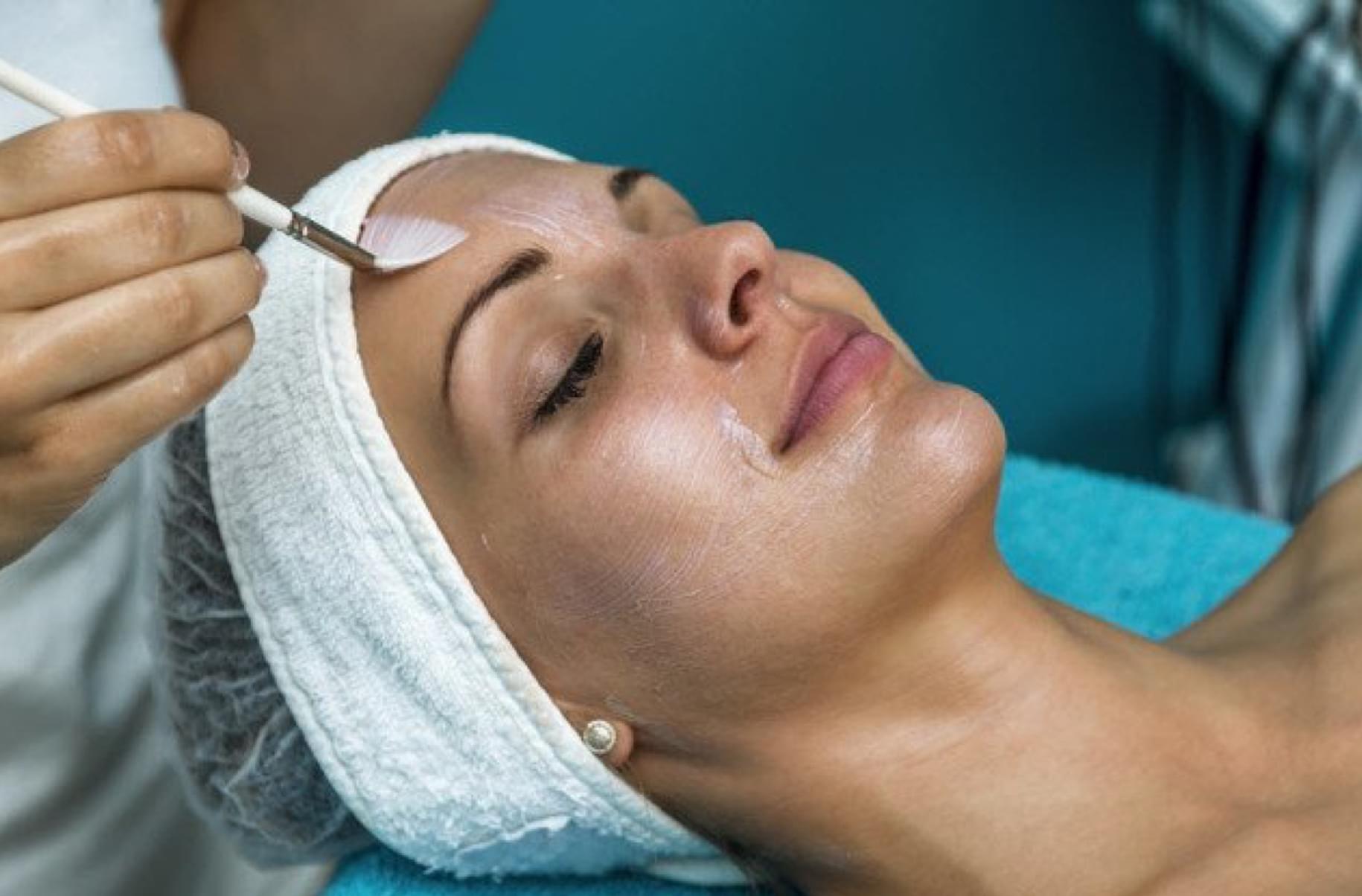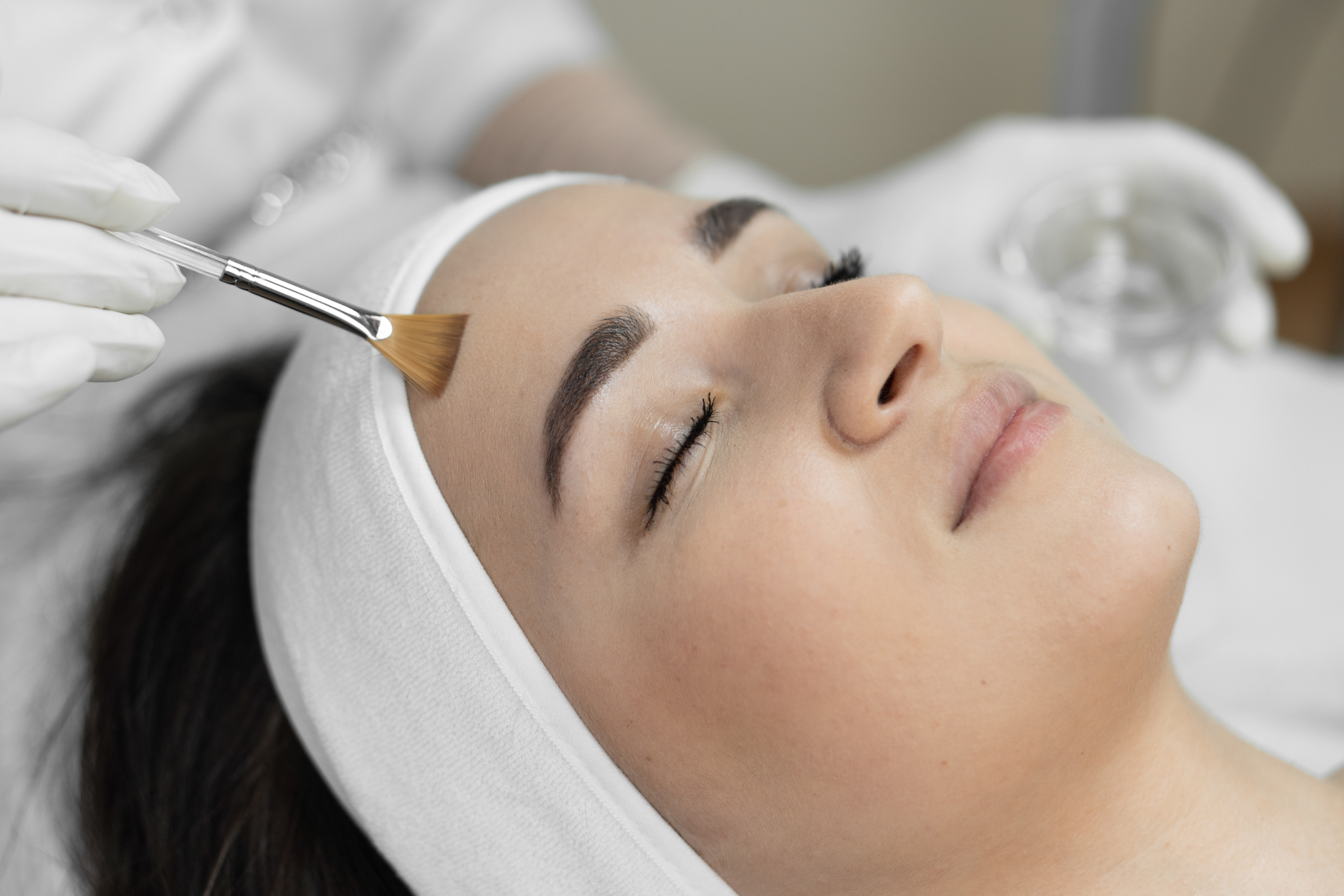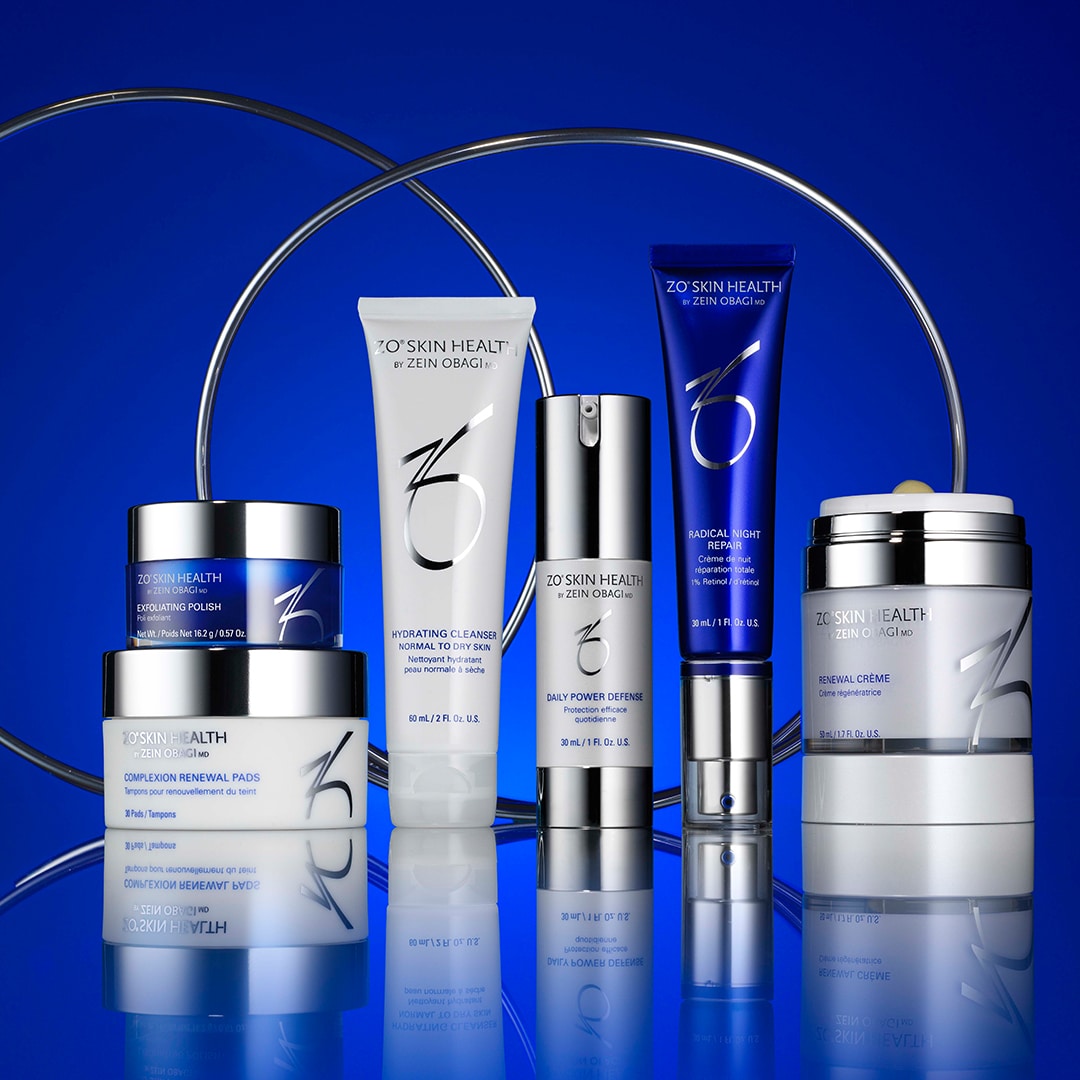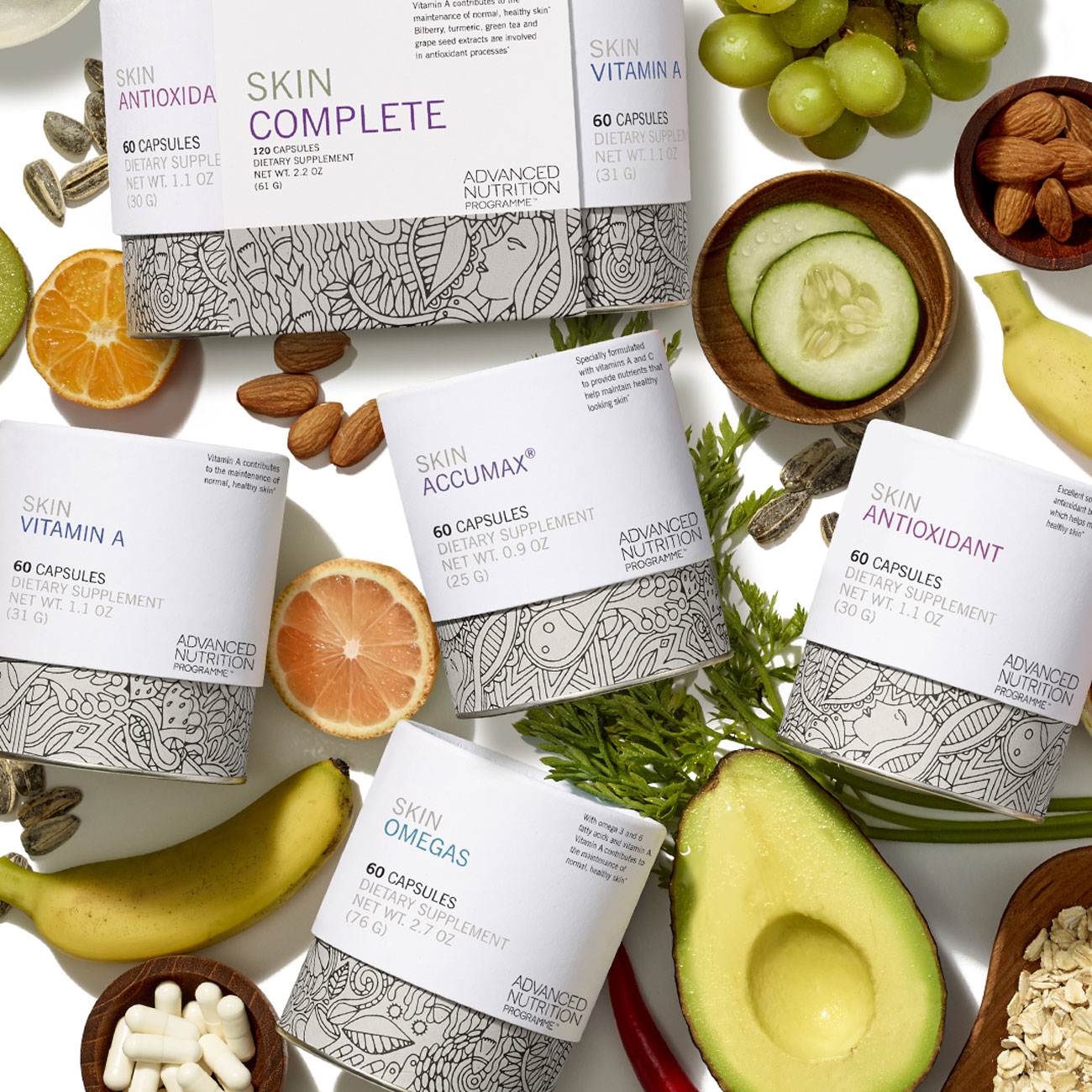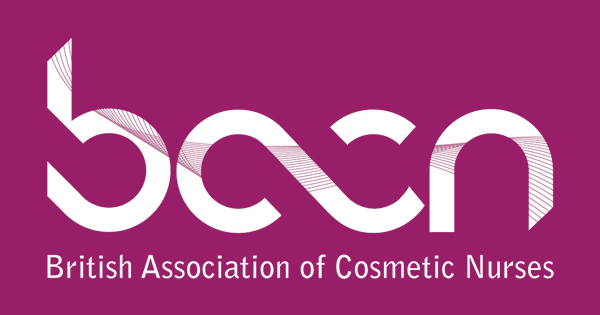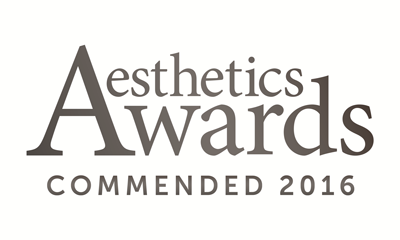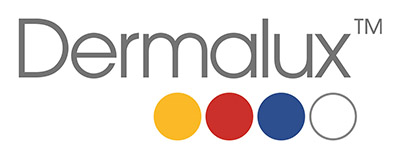Acne
Manage the symptoms of acne today for clear, blemish free skin

What is Acne?
Acne is a common skin condition that affects most people at some point in their life, with contributing factors such as genetics, hormones and overproduction of sebum, as well as lifestyle factors, underlying health conditions and certain medications. Teenage acne is much more common and can affect up to 95% of the population.
With advanced technologies and prescription skin care the effects of acne can be effectively managed, not only giving you a clear, radiant complexion, but an added boost to your confidence. Let our Save Face-accredited Centre of Excellence manage your acne with our clinically proven, safe and effective treatments. We can treat face acne, back acne, nodular acne, acne scarring and remaining acne skin marks.
Acne Transformations
How we can help
Treatments that can help
FAQs
You’ve probably got some questions, but before you get in touch, we’ve answered the most common ones here.
-
What are the main causes of acne?
Scientists do not know exactly what causes acne, however we do know that a combination of different factors, alongside a genetic predisposition, will certainly contribute to your risk.
- Hormones – The most common cause of acne is a change to hormone levels during puberty, but it can start at any age. Certain hormones, during both during puberty and later in life, can cause the sebaceous glands in the skin to produce more oil (sebum) which mixes with dead skin cells, causing blocked pores. As the usually harmless bacteria that lives on your skin becomes contaminated, it can infect the blocked pores, causing inflammation and pus, leading to acne.
- Hormonal changes – Hormonal changes that occur during the menstrual cycle or pregnancy can also lead to episodes of acne in women. Medical conditions such as Polycystic Ovarian Syndrome can also increase your chances of acne.
- Genetic or hereditary factors – Acne is also known to run in families. If both parents had acne, it’s likely that you’ll also have severe acne at an early age. And if one or both parents suffered with adult acne, you are more likely to develop adult acne too.
-
How is the severity of acne categorised?
The severity of acne is often categorised as:
- Mild – mostly whiteheads and blackheads, with a few papules and pustules
- Moderate – more widespread whiteheads and blackheads, with many papules and pustules
- Severe – lots of large, painful papules, pustules, nodules or cysts. You may also have some scarring
-
What are the symptoms of acne?
There a 6 types of spots that are caused by acne, including blackheads, white heads, papules, pustules, nodules and cystic lesions.
- Blackheads – A blackhead forms when the opening to the hair follicle becomes blocked by dead skin cells and sebum (produced by the sebaceous gland within the follicle). A blackhead is an open comedo (open clogged pore), with a black appearance due to the colour produced by the lining of the hair follicle alongside its exposure to the air. These can be flat or raised and are usually painless.
- Whitehead – Very similar to a blackhead in its formation, with the main differences being its colour and that it is a closed comedo (closed clogged pore). A whitehead may also be firmer and does not empty when squeezed. Both types are a mild form of non-inflammatory acne.
- Papule – An acne papule is a small red solid and inflamed bump that may feel tender and sore. They are normally less than 1cm in size and do not have a build up of pus at the tip of the lesion.
- Pustule – Commonly known as pimples, this is a papule that has a build-up of pus at its tip. Both papules and pustules are a form of inflammatory acne.
- Nodules – An acne nodule is usually a large fibrous lesion (over 5mm in diameter), that does not contain pus. A nodule is formed after the blocked pore has ruptured and its contents have been expelled deep into the skin.
- Cystic Lesions – These are large pus-filled bumps that look similar to boils. They are very tender, painful and inflamed and can be more than 5mm in diameter. Both nodules and cysts are the most severe forms of inflammatory acne, commonly known as ‘Cystic acne’ and have a significant risk of scarring.
-
What factors contribute to acne developing?
Scientist do not know exactly what causes acne – however what we do know is that a combination of different factors alongside a genetic predisposition will certainly contribute to your risk. Hormones – The most common cause of acne is a change to hormone levels during puberty, but it can start at any age. Certain hormones cause the sebaceous glands to produce more oil and thicken the inner lining of the hair follicle, causing blocked pores. As the usually harmless bacteria becomes more aggressive it causes inflammation and pus. Family History of Acne – Acne is known to run in families. If both parents had acne, it’s likely that you’ll also have severe acne at an early age. And if one or both parents suffered with adult acne, you are more likely to develop adult acne too. Hormonal changes – that occur during the menstrual cycle or pregnancy, can also lead to episodes of acne in women.
-
What are the triggers for acne?
There are several different factors that can trigger acne.
- Testosterone – This is essential for growth and development of the body. It is thought to trigger acne due to increased testosterone levels in adolescence, causing the sebaceous glands (which are particularly sensitive to hormones) to produce more oil.
Acne in women – Around 80% of adult acne cases occur in women, mainly due to changes in hormone levels, which include:
- Periods – Some experience a flare-up of acne just before their period
- Pregnancy – Acne can be common during the first three months of pregnancy
- Polycystic ovary syndrome – Symptoms include acne, weight gain and the formation of small cysts inside the ovary
Other possible triggers of an acne flare-up include:
- Some cosmetic products – e.g. heavy moisturisers with pore clogging ingredients, alongside oil based make ups that are not classed as non-comedogenic
- Medications – such as steroid medications, lithium (used to treat depression and bipolar disorder) and some anti-epileptic drugs (used to treat epilepsy)
- Restrictive clothing or accessories – regularly wearing items that place pressure on an affected area of skin can cause sweating and the area to become hot, which can trigger an acne outbreak
- Smoking – may contribute to acne in older people. However at any age smoking will have a detrimental impact on the overall health of the skin.
-
Does diet affect acne?
Although still in early research, there is supporting evidence to suggest that diet may be linked to the development of acne and its severity, with certain foods cited as direct contributors, while others can prove beneficial for reducing acne and the associated inflammation.
- Sugary and processed food – when we consume foods high in sugar, this causes a rise in insulin levels and inflammation in the body, which can have a direct link to the skin.
- Dairy – there is some evidence that dairy can contribute to the development or severity of acne, particularly the consumption of skimmed milk. This is due to hormones and growth factors present in dairy products that can stimulate the oil glands in the skin to produce more sebum, while also increasing levels of inflammation in the body contributing to acne severity if you are already susceptible to this.
- Chocolate – while still being researched, chocolate may be a contributing factor based on its link to dairy.
- Limited fruit and veg – not eating enough fresh fruit and vegetables may lead to a deficiency in essential vitamins, minerals and antioxidants that are all vital in reducing inflammation and maintaining the skin’s overall health. For example, Vitamin A is essential in your diet as it helps regulate sebum production, reduces inflammation and promotes cellular turnover, all of which will reduce the risk of clogged pores that can lead to acne.
- Minimal fibre – this also comes down to limited vegetable intake. Fibre keeps our gut healthy and a diet low in fibre will result in poor gut health, which can have a direct influence on the health of our skin.
- A diet low in fish and healthy fats – salmon, mackerel and sardines are all great to include in your diet if you are prone to acne., due to the anti-inflammatory properties of the omega 3 fatty acids they contain. Eating these types of fish can therefore contribute to reducing inflammation and improving acne.
These are just a few ways that diet can either improve acne or make it worse. Maintaining a balanced diet is key to overall skin health, reducing sugary and processed food, minimising dairy and consuming a variety of fruits, vegetables, whole grains and healthy fats. This can be discussed in more detail during your consultation.
-
What are the treatment options for acne?
Here at Staffordshire Skin & Laser Clinic we have some very effective treatments for the management of acne, helping to reduce and alleviate your symptoms, whilst regaining your self confidence.
- Regenlite – Pulsed Dye Laser – Regenlite is a gold standard, medical grade laser that emits a unique laser SmartPulse™ from a hand-piece held directly above the skin. Regenlite has been engineered to emit the exact amount of light energy required to target the acne bacteria, whilst stimulating an immune response for maximum treatment outcomes. A course of 3-5 treatments will be required at monthly intervals, but with little to no downtime so you can get back to normal activities straight away. For best results we advise combining this treatment with prescription skin care and nutritional support.
- Dermalux Light Therapy – a clinically proven technology, medically recognised for the treatment of many skin conditions including acne. In clinic we use Dermalux LED light therapy to counteract all symptoms of acne including redness, inflammation, skin sensitivity, papules and pustules, providing immediate relief. Red and near-infrared light are anti-inflammatory and aid the skin’s natural healing response to calm and soothe, whereas blue light is used to directly target the bacteria that causes acne, reduces sebum production and is great for reducing active pustules and papules. A course of 10 to 15 treatments is recommended, 2 to 3 times a week, with maintenance treatments recommend once or twice per month.
- HydraFacial Protocol for Acne and Congested Skin – this is designed to improve active acne by reducing the build-up of excess oil using the patented vortex technology to cleanse, exfoliate and extract congestion from clogged and enlarged pores. Scarring is improved with a deeper exfoliation using salicylic acid and different strengths of Glysal peel, whilst hydration, botanical ingredients and antioxidant protection are delivered to maintain skin health. A course of 12 treatments is recommended, once a week for 6 weeks, continuing with 1 a month for ongoing maintenance.
- Obagi Blue Peel Radiance – a superficial, salicylic acid-based peel that targets spots at the very source. As well as providing surface exfoliation, this peel targets deeply clogged pores and reduces any post-inflammatory spots that have been left by breakouts, visibly improving in appearance of skin tone and texture for acne-prone skin. A course of 6 treatments is recommended, once per week with a maintenance programme.
Following your consultation your practitioner will advise on the best treatment for optimal results. We will ensure you have a good understanding of how the treatment will benefit your skin, including any downtime expected, treatment duration and costs.
-
Will acne return following treatment?
Acne can be a complex condition to manage due to the multiple contributing factors that can cause it.
During your treatment course we will guide, support and educate you to make positive changes with regards to hormones, stress, skin care, make up and diet/nutrition. By adopting a comprehensive approach to a medicated skin care regimen, a healthy diet, managing your stress and addressing any underlying hormonal imbalances, alongside other positive lifestyle changes, your treatment results will last much longer with only occasional top up treatments required.
-
How can ZO Skin Health help with acne?
ZO Skin Health acne skincare products are highly effective treatments formulated to treat acne-prone skin and prevent future breakouts. The face products feature essential ingredients that slow down sebum production and control excess oil, while exfoliating dead skin cells to help tighten pores and improve skin texture.
Discover the ideal acne regimen to treat your acne-prone skin, combining facial cleansers and exfoliators to minimise future breakouts, while reducing the appearance of blackheads, whiteheads, pimples, blemishes and more. ZO Skin Health products are available following your consultation.
-
How can the Advanced Nutrition Programme help with acne?
If you are suffering from oily skin, blemishes, pimples or acne, experts recommend supporting your skin with supplements from the Advanced Nutritional Programme (ANP) supplement range, alongside a healthy diet. Traditional skincare is turned inside out with the innovative, award-winning range of evidence-based skincare supplements. While topical skincare only treats 50% of the skin on the surface, ANP potent nutritional blends feed your skin from within for a proven, 100% skincare approach. For anyone looking to support their skin and achieve a blemish-free complexion, we recommend the award winning Skin Accumax, with its patented formula which synergises together vitamin A, vitamin C, vitamin E and phytonutrients to work from the inside, supporting healthy skin. We also love Skin Clear Biome to support the gut, maintain immunity and balance skin oil. Your bespoke nutritional programme will be tailored to your specific needs following a consultation. Your skin will certainly thank you for it.
Save Face Centre of Excellence
Contact us to book a consultation
Call 01782 922300
Email myskin@ssal.uk
Visit 513 Etruria Road, Basford, Stoke-on-Trent, ST4 6HT
Request a callback
"*" indicates required fields
Follow Along
Get offers, updates and skin advice delivered straight to your inbox


